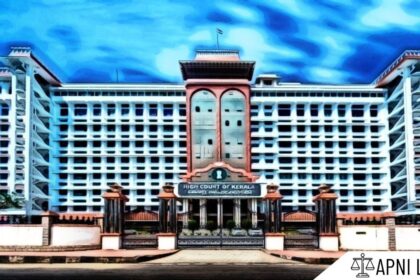Section 189 CrPC: Evidence for Offences Committed Outside India
1. The Code:
Section 189 of the Code of Criminal Procedure (CrPC) deals with the admissibility of evidence in Indian courts for offenses committed outside India.
2. Explanation:
This section outlines the circumstances under which evidence gathered outside India can be used in Indian courts for offenses committed abroad. It provides that any document or evidence legally obtained in a foreign country, and admissible in the courts of that country, is admissible in Indian courts, provided:
- The document or evidence is properly authenticated.
- It is proved that the law of the foreign country allows the document or evidence to be used in Indian courts.
- The evidence is relevant to the matter in issue.
3. Illustration:
Suppose an Indian citizen commits a fraud in the United States. The US authorities investigate the crime and gather evidence, including bank records and witness statements. This evidence is admissible in US courts. If the accused is brought back to India to face charges, the evidence gathered in the US can be presented in an Indian court under Section 189 CrPC, provided the conditions mentioned above are met.
4. Common Questions and Answers:
Q: What kind of evidence is admissible under Section 189 CrPC?
A: Any document or evidence legally obtained in a foreign country, and admissible in the courts of that country, can be admissible in Indian courts under Section 189 CrPC.
Q: Can evidence obtained illegally in a foreign country be admissible in Indian courts?
A: No. Evidence obtained illegally in a foreign country is not admissible in Indian courts even if it’s admissible in the courts of that foreign country.
Q: What happens if the foreign law does not allow the evidence to be used in Indian courts?
A: If the foreign law prohibits the evidence from being used in Indian courts, the evidence will not be admissible in Indian courts under Section 189 CrPC.










